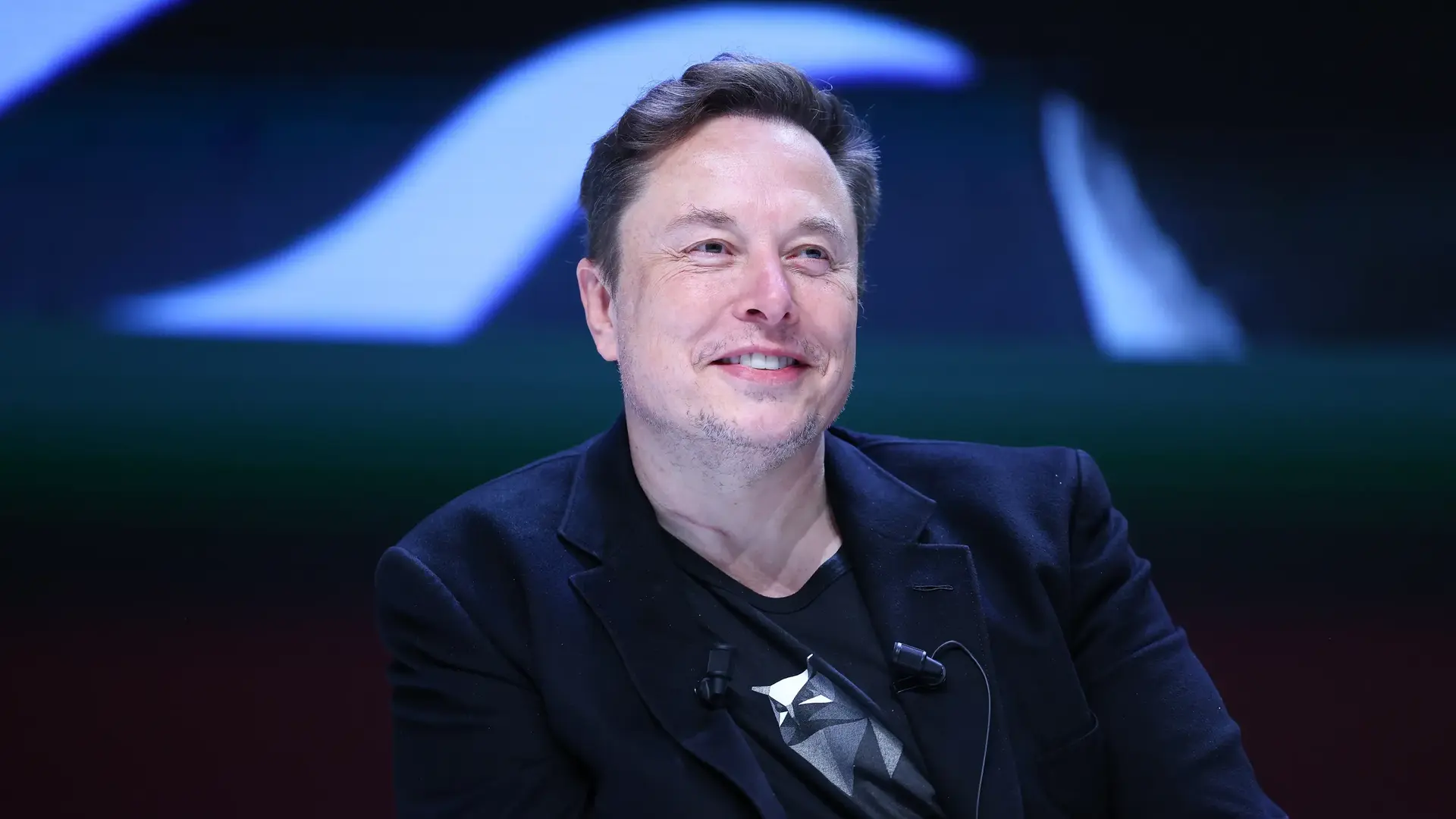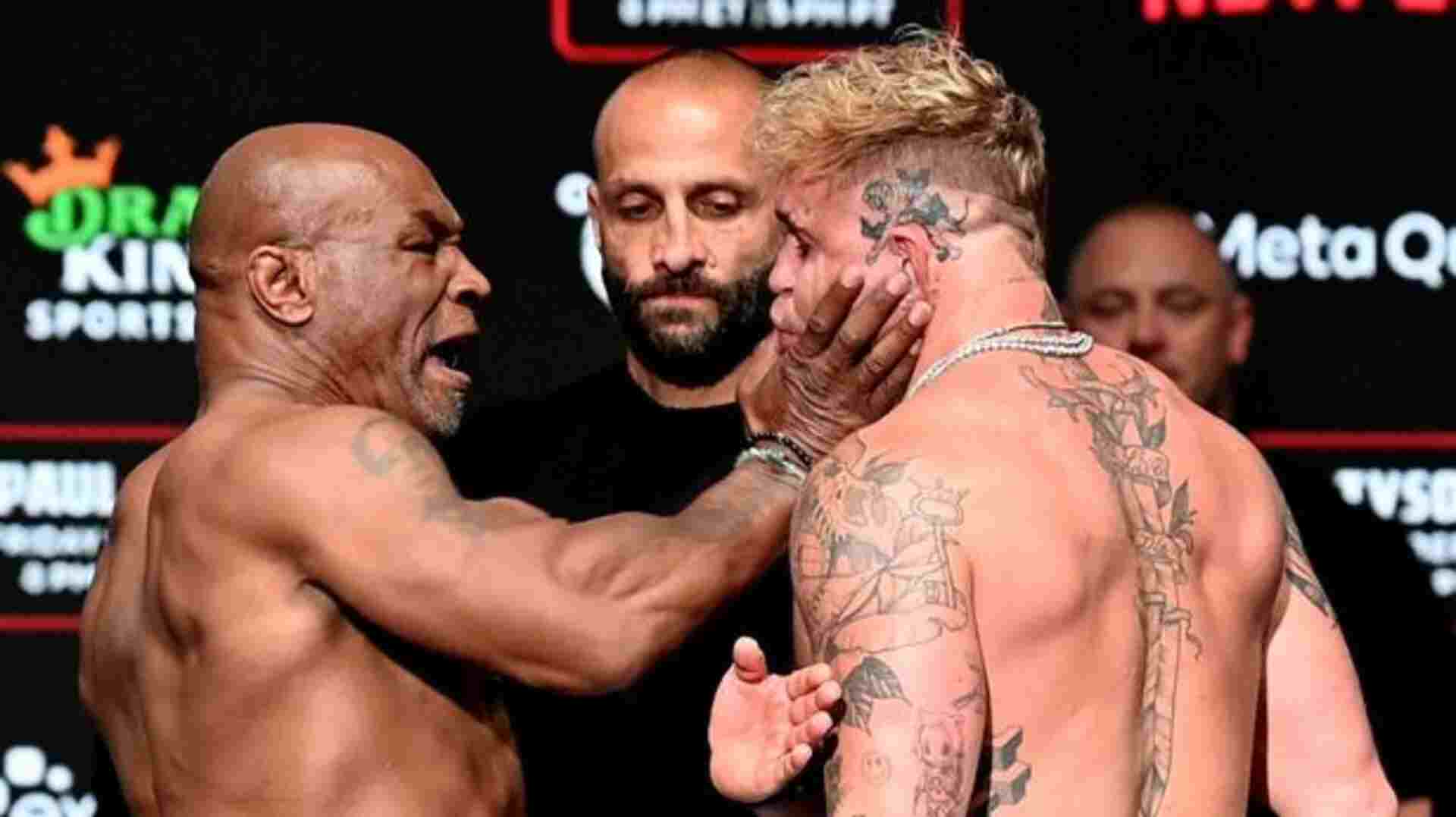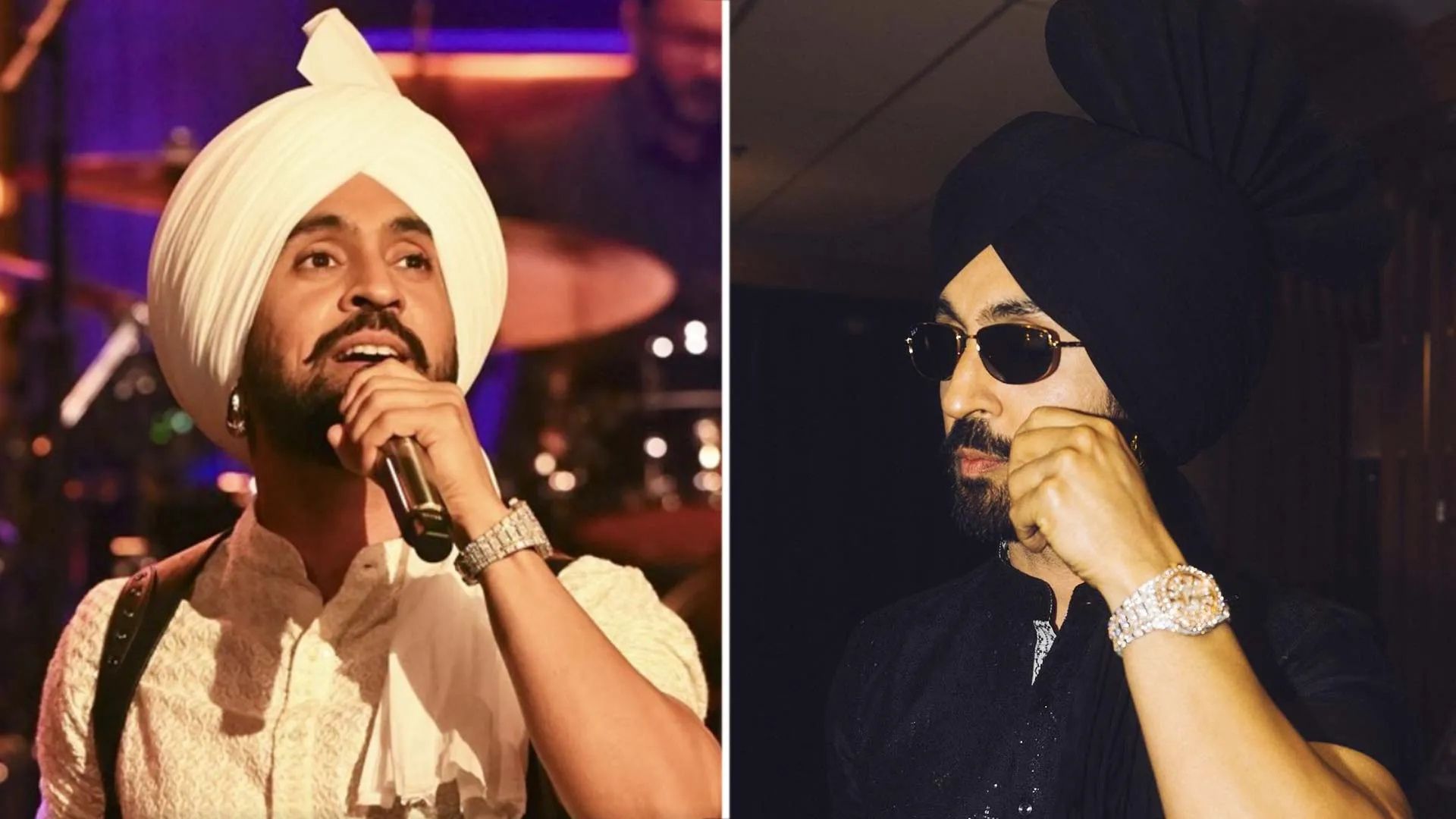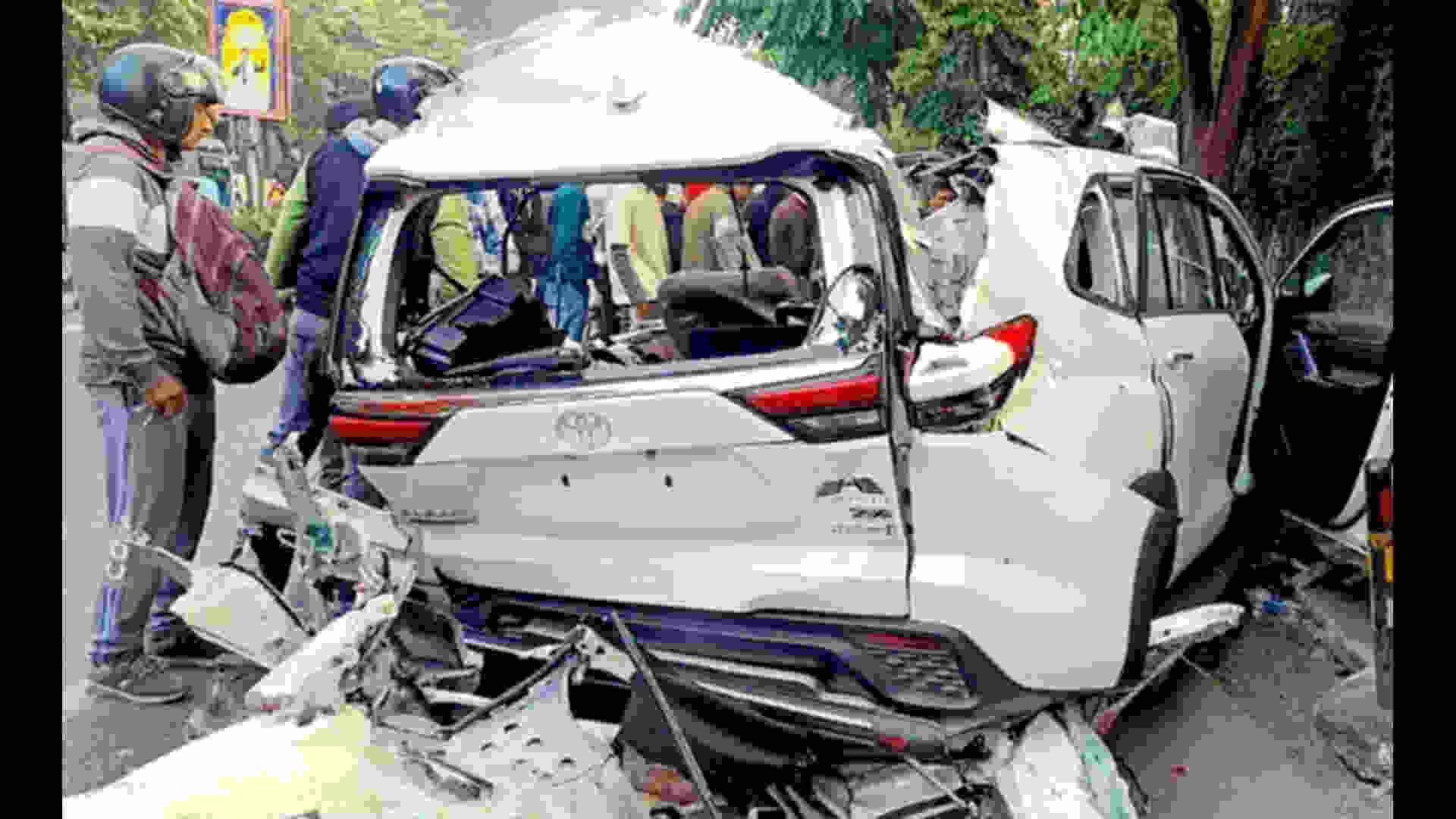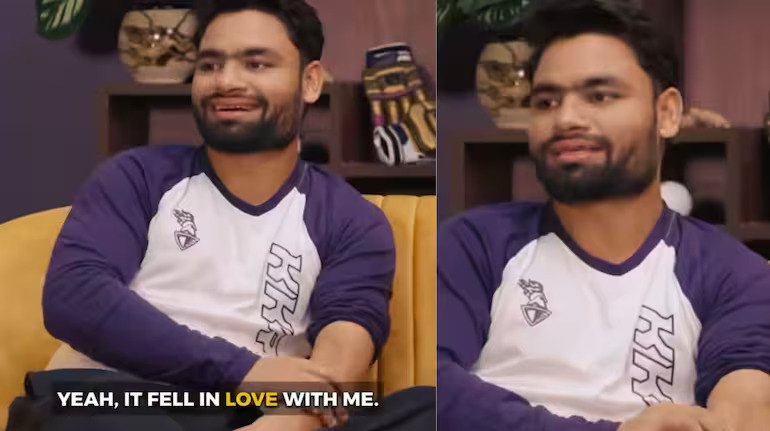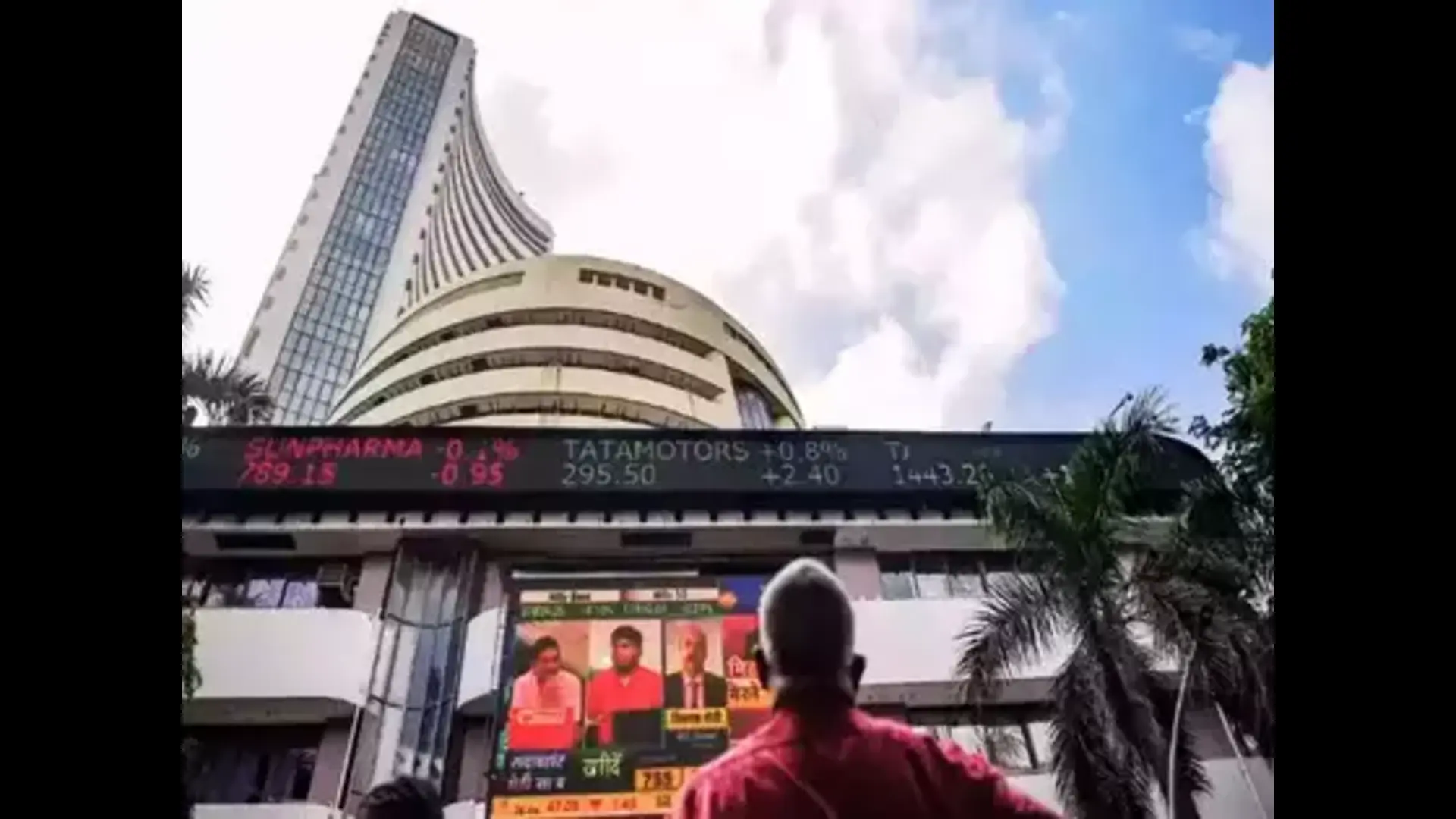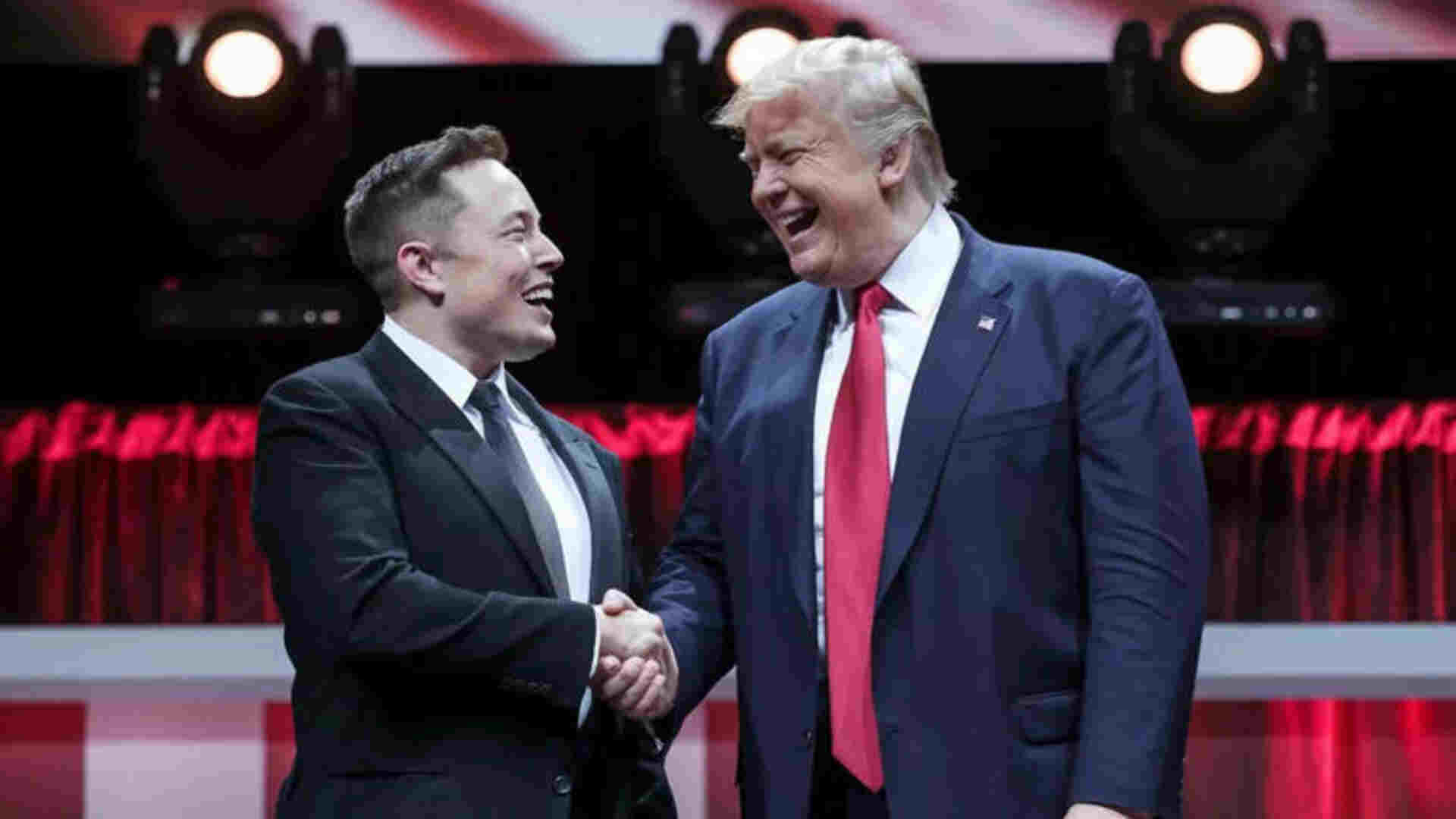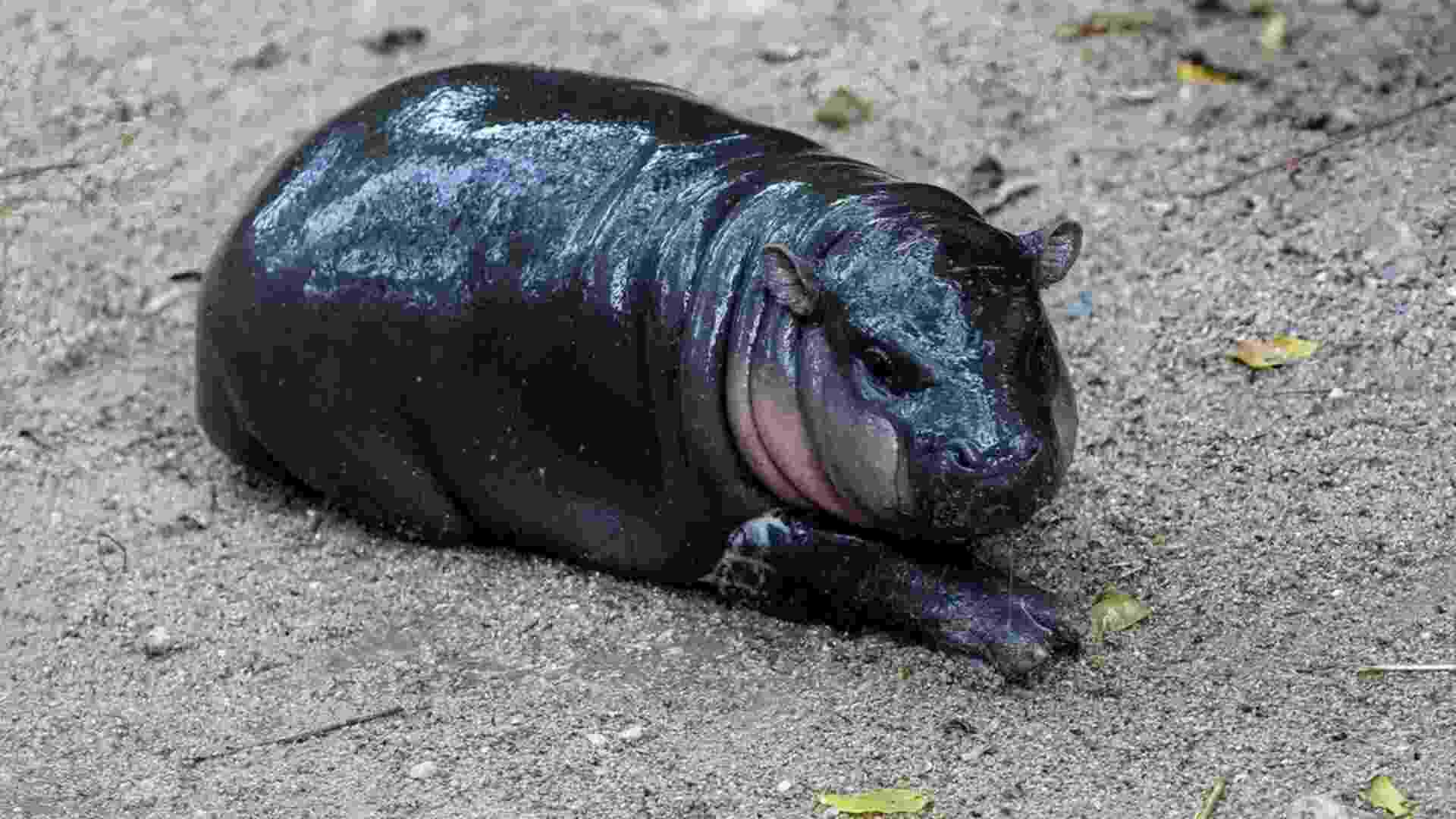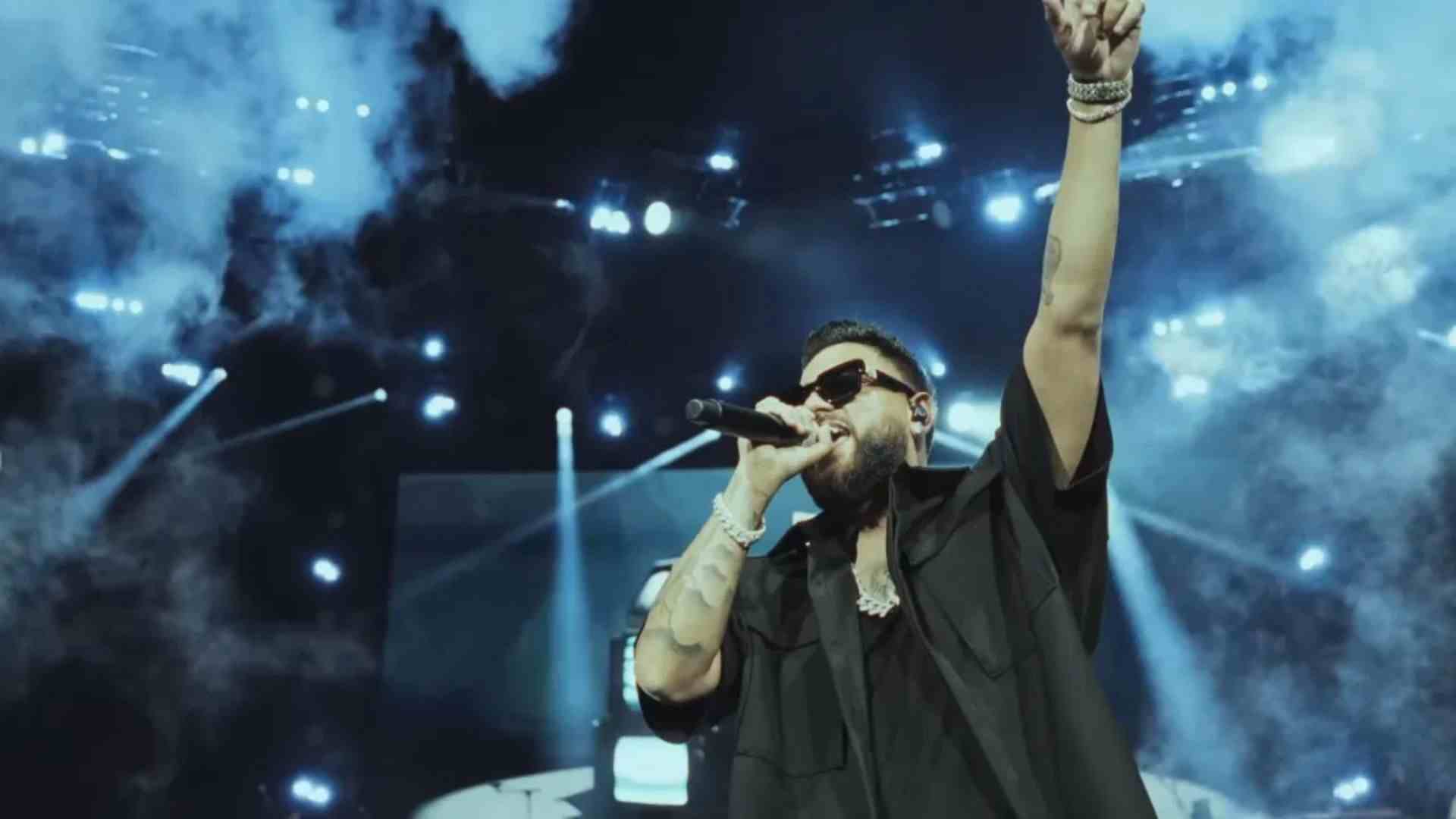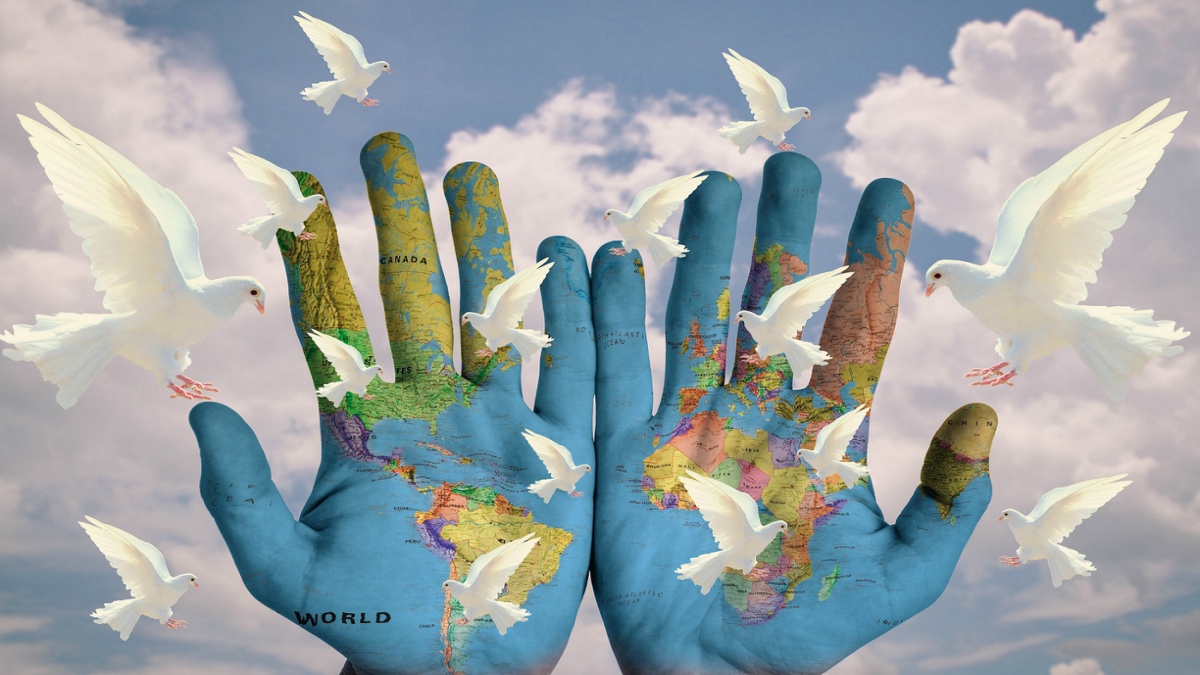
Change has come to the world without any warning. The pandemic has made life suddenly very insecure. This is true of places where food and basic needs were already insecure, and also of places unaccustomed to shortage or restriction. Overnight, people have lost their livelihoods due to a lockdown. Imagine not knowing where your next meal will come from, or if you will be able to pay next month’s rent.
The world is no stranger to divisions of economic status, religion, ethnicity, caste, race, gender, or sexual orientation, yet now there is an even greater polarisation between people. The gap between rich and poor is much greater, and many situations are becoming worse, not better. There is an increase in crime, domestic violence, and corruption as the world becomes more fragile and people feel more insecure. The pandemic has shown us how fast things can change.
The more insecure some people are, the more they tend to be self-centred. They look after their own needs and try to solve their own problems. This increases polarisation and further divides us.
Raised in families and communities with shared beliefs, we are conditioned to regional, cultural, political or religious views of the world. These beliefs have divided us and created the world we live in. The very same beliefs that condition our view of the world and shape us as individuals, now prevent us from seeing each person with a vision of equality.
It is unlikely that the methods we used in the past to solve our problems will work in the present situation. As Einstein reportedly said, “We cannot solve our problems with the same thinking we used when we created them.” It is time to step back and use a deeper perspective to find new solutions. However frightening and challenging the situations we are now facing across our planet, perhaps this is an opportunity for us to come together as a world society; a time when these incredible divides can heal.
Divisions can be healed when we see the world through a different lens; a spiritual lens. Our true identity is spiritual. When we understand this, that we are not defined by the physical or cultural identities we have acquired, it changes how we see others. We begin to see every human being with a deep sense of equality based on the beauty and divinity of the spirit. We begin to see our ways of thinking are still influenced by subtle prejudices that separate us from others.
It is time to consider that maybe the beliefs and identities we hold on to are no longer relevant. This can be a time to empty ourselves of outdated beliefs and allow ourselves to be vulnerable. This will open a space within us to create something new, something beautiful and different, sustainable and just.
In a deeply spiritual way, we can use this time to open the path to accepting and embracing our human family, and then we can do amazing things. This is a big-picture view, and a big picture needs a big heart.
Belinda Westcott is based in Port Elizabeth, South Africa, where she coordinates the activities of the Brahma Kumaris.
